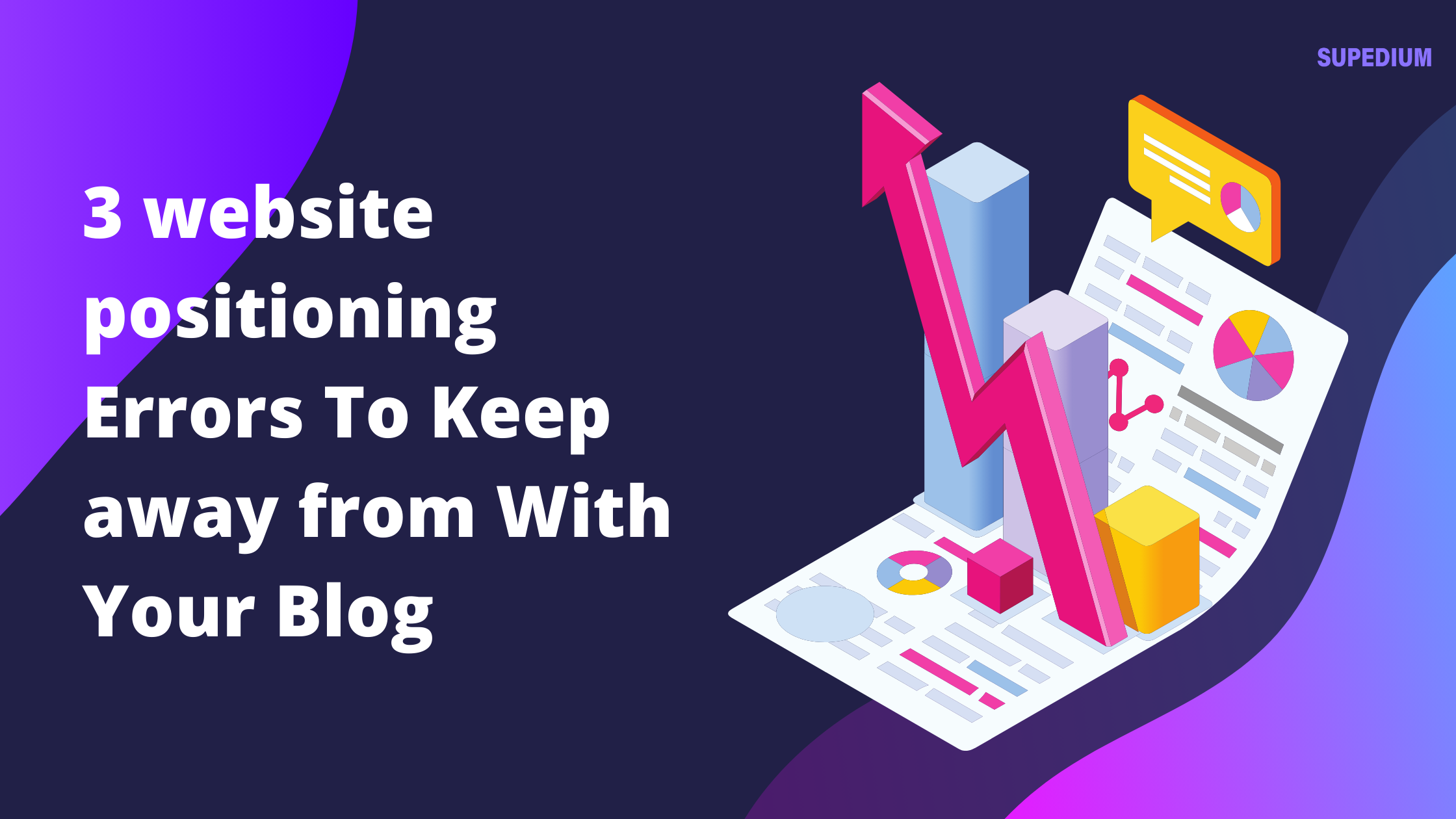Table of Contents
![]()
Anxiety disorders represent a significant mental health challenge affecting millions worldwide. This article delves into the types, causes, diagnosis, treatment, and ongoing research surrounding these disorders, aiming to provide a comprehensive understanding.
Introduction to Anxiety Disorders
Definition and Overview
Anxiety is a natural response to stress, characterized by feelings of worry, fear, or unease. However, when these feelings become overwhelming or persistent, they can indicate an anxiety disorder. Unlike normal anxiety, which is situational and temporary, anxiety disorders are chronic conditions that disrupt daily functioning and well-being.
Prevalence and Impact
Anxiety disorders are among the most common mental health issues globally. According to the World Health Organization, approximately 1 in 13 people worldwide suffer from anxiety disorders. These disorders can significantly impact one’s quality of life, affecting work, relationships, and overall mental and physical health.
Types of Anxiety Disorders
Generalized Anxiety Disorder (GAD)
Generalized Anxiety Disorder is characterized by persistent and excessive worry about various aspects of life, including work, health, and social interactions. Individuals with GAD find it difficult to control their anxiety, which can lead to physical symptoms like fatigue, muscle tension, and sleep disturbances.
Panic Disorder
Panic Disorder involves recurrent and unexpected panic attacks—sudden episodes of intense fear accompanied by physical symptoms such as heart palpitations, shortness of breath, and dizziness. These attacks can be so severe that they lead to avoidance of situations where the individual fears an attack might occur.
Social Anxiety Disorder (Social Phobia)
Social Anxiety Disorder involves an intense fear of social situations where one might be scrutinized or judged by others. This fear can be so debilitating that it interferes with daily activities, such as attending social events or speaking in public.
Specific Phobias
Specific Phobias are characterized by an irrational fear of a particular object or situation, such as heights, spiders, or flying. Individuals with specific phobias go to great lengths to avoid their feared object or situation, which can significantly limit their activities and interactions.
Obsessive-Compulsive Disorder (OCD)
Obsessive-Compulsive Disorder involves persistent, intrusive thoughts (obsessions) and repetitive behaviors or mental acts (compulsions) performed to alleviate the distress caused by these thoughts. Common obsessions include fears of contamination, while compulsions might involve excessive hand-washing or checking behaviors.
Post-Traumatic Stress Disorder (PTSD)
Post-Traumatic Stress Disorder develops after exposure to a traumatic event, such as combat, assault, or natural disasters. Symptoms include flashbacks, nightmares, severe anxiety, and avoidance of reminders of the trauma. PTSD can significantly impair one’s ability to function in daily life.
Acute Stress Disorder (ASD)
Acute Stress Disorder occurs in response to a traumatic event and includes symptoms similar to PTSD, such as intrusive memories and severe anxiety. Unlike PTSD, ASD symptoms occur within the first month after the trauma and may resolve on their own or develop into PTSD if not addressed.
Other Specified and Unspecified Anxiety Disorders
These categories encompass anxiety disorders that do not fit neatly into the above categories but still cause significant distress or impairment. They include atypical presentations of anxiety or disorders where the specific anxiety does not meet the full criteria for a defined anxiety disorder.
Causes and Risk Factors
Biological Factors
Genetic predisposition plays a role in anxiety disorders. Individuals with a family history of anxiety or other mental health disorders are at a higher risk. Neurobiological factors, such as imbalances in neurotransmitters like serotonin and norepinephrine, and structural brain abnormalities, also contribute to anxiety disorders.
Psychological Factors
Cognitive distortions, such as catastrophic thinking or excessive worry, are common in anxiety disorders. Personality traits, such as high sensitivity or perfectionism, can also predispose individuals to develop anxiety disorders.
Environmental Factors
Traumatic life events, such as abuse or significant loss, can trigger anxiety disorders. Chronic stress, such as ongoing financial or relationship issues, also increases the risk of developing these conditions.
Social Factors
Family dynamics and early childhood experiences play a role in the development of anxiety disorders. Lack of social support and strained relationships can exacerbate symptoms and hinder recovery.
Diagnosis and Assessment
Clinical Assessment
Diagnosis typically involves a detailed clinical interview, during which healthcare providers assess the individual’s symptoms, medical history, and impact on daily life. Self-report questionnaires and standardized scales, such as the Generalized Anxiety Disorder 7 (GAD-7) scale or the Patient Health Questionnaire (PHQ-9), help in evaluating symptom severity.
Differential Diagnosis
Accurate diagnosis requires distinguishing anxiety disorders from other mental health conditions, such as depression or bipolar disorder. Co-occurring disorders, such as substance abuse or other psychiatric conditions, must also be considered to provide a comprehensive treatment plan.
Assessment Tools
Standardized assessment tools are valuable in diagnosing and tracking the progress of anxiety disorders. These tools include self-report questionnaires and clinician-administered scales that measure the severity and frequency of anxiety symptoms.
Treatment and Management
Psychotherapy
Psychotherapy is a cornerstone of treatment for anxiety disorders. Cognitive Behavioral Therapy (CBT) is particularly effective, focusing on changing maladaptive thought patterns and behaviors. Exposure Therapy, a subtype of CBT, helps individuals gradually face and overcome their fears. Acceptance and Commitment Therapy (ACT) promotes psychological flexibility and acceptance of anxious thoughts.
Pharmacotherapy
Medication can be an effective part of treatment, particularly for moderate to severe anxiety disorders. Commonly prescribed medications include:
- Antidepressants: Selective Serotonin Reuptake Inhibitors (SSRIs) and Serotonin-Norepinephrine Reuptake Inhibitors (SNRIs) are often used to manage anxiety symptoms.
- Anxiolytics: Benzodiazepines provide short-term relief but are typically used with caution due to the risk of dependence. Non-benzodiazepine anxiolytics, such as buspirone, may be used as alternatives.
- Other Medications: Beta-blockers can help manage physical symptoms of anxiety, such as rapid heartbeat.
Lifestyle and Self-Help Strategies
In addition to professional treatment, self-help strategies play a crucial role in managing anxiety. Stress management techniques, such as mindfulness meditation and deep-breathing exercises, can help reduce anxiety symptoms. Maintaining a healthy lifestyle through regular exercise, a balanced diet, and adequate sleep also supports overall mental health.
Support Systems
Family and friends play an essential role in supporting individuals with anxiety disorders. Support groups and community resources provide additional assistance, offering a space for individuals to share experiences and coping strategies.
Special Considerations
Anxiety Disorders in Children and Adolescents
Anxiety disorders in younger populations may present differently, with symptoms often manifesting as physical complaints or school avoidance. Treatment for children and adolescents typically involves age-appropriate interventions and family involvement.
Anxiety Disorders in Older Adults
Older adults may face unique challenges, including age-related physical health issues and the cumulative effects of life stressors. Treatment approaches need to consider these factors and may involve adjusting therapeutic techniques and medications.
Cultural and Societal Factors
Cultural background can influence the expression and perception of anxiety. Stigma surrounding mental health may affect individuals’ willingness to seek help. Addressing cultural and societal factors is crucial for effective treatment and support.
Current Research and Future Directions
Advances in Understanding Anxiety Disorders
Research continues to expand our understanding of anxiety disorders. Genetic studies are uncovering the hereditary components of these conditions, while neuroimaging techniques are revealing insights into brain function and structure associated with anxiety.
Emerging Treatments and Interventions
New pharmacological treatments and innovations in psychotherapy are being explored. For example, research into psychedelic therapies and digital mental health interventions holds promise for the future of anxiety treatment.
Areas for Future Research
Future research aims to personalize treatment approaches based on individual genetic, neurobiological, and psychological profiles. Long-term studies on treatment efficacy and outcomes will also be essential in advancing care and improving patient outcomes.
Conclusion
Anxiety disorders are complex and multifaceted conditions that require a comprehensive approach to treatment and management. Understanding the types, causes, and available treatments for anxiety disorders is crucial for providing effective care and support. Continued research and awareness are essential for advancing our knowledge and improving the quality of life for those affected.
Share This





Be the first to comment